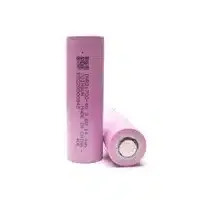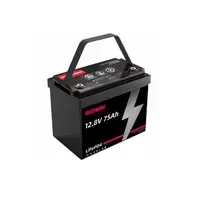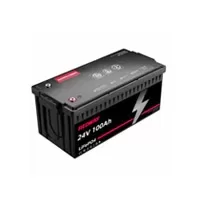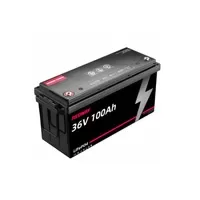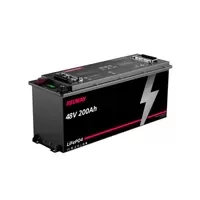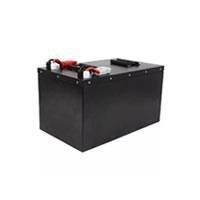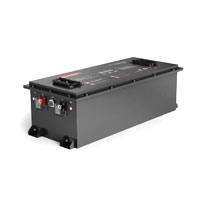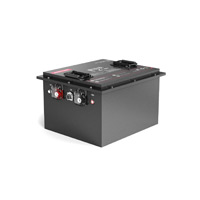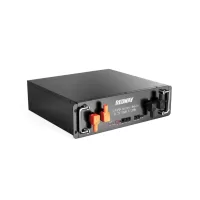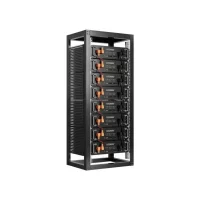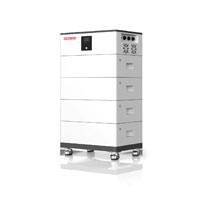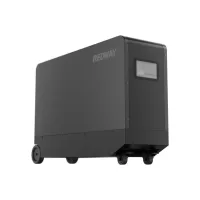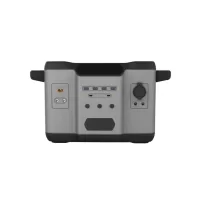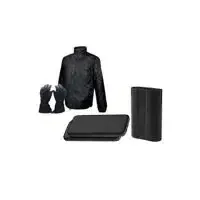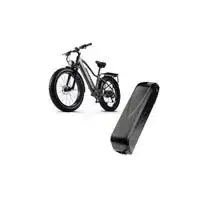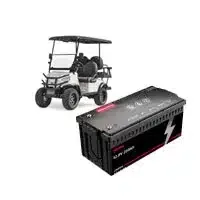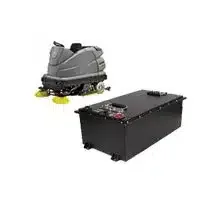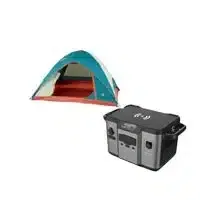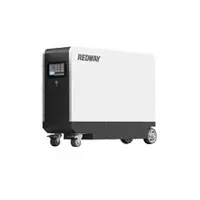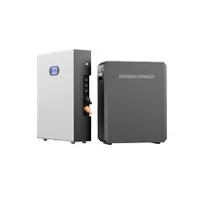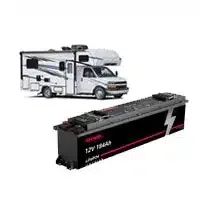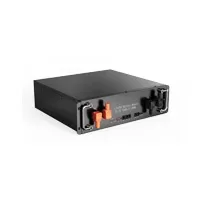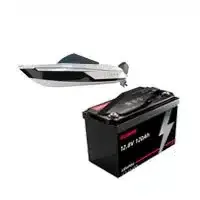(Click to Get a Quick Quote!)

Nevada’s laws governing golf carts and Low-Speed Vehicles (LSVs) are crafted to regulate their presence on public roads, ensuring the safety of users and others. Understanding the distinctions and adhering to safety measures is paramount to legal operation and accident prevention. Here’s an overview of key details in Nevada golf cart and LSV laws:
Golf Carts vs. LSVs:
- Golf Carts: Defined as ground vehicles with a minimum of three wheels, primarily designed for carrying golf equipment. They can carry up to four people, including the driver. Approval from local government is needed to drive on residential roads. In counties with over 700,000 in population, a DMV permit and insurance are required.
- LSVs: Four-wheeled vehicles with speeds ranging from 20 to 25 mph on level surfaces. They must adhere to safety standards, with a gross weight below 3,000 lbs. LSVs can operate on highways with speed limits of 35 mph or less. Registration requirements are akin to standard vehicles, with standard-sized license plates issued.
Golf Cart Laws in Nevada:
- Golf carts must be equipped with headlamps, tail lamps, stop lamps, reflectors, a slow-moving vehicle emblem, mirrors, and brakes. Permits are not required in counties with populations under 700,000, but in more crowded areas, a DMV permit is necessary, contingent on equipment presence and proof of insurance. Operators with a driver’s license need no permit for daytime operation on designated routes.
- Drunk driving laws apply to golf cart operators, considering them as motor vehicles under the state’s DUI laws. Whether on public roads or within a golf course accessible to the public, DUI rules and penalties apply. Liability in accidents is determined by traditional negligence rules.
LSV Laws in Nevada:
- LSVs must feature safety equipment such as headlamps, tail lamps, signal lamps, stop lamps, reflex reflectors, a parking brake, exterior mirrors, windshield, vehicle identification number, seat belts, and an alert sound. License requirements mirror those for regular cars, requiring Class C or higher licenses. The XM restriction indicates permission to drive only low-speed vehicles.
- Nevada DUI rules apply to LSV operators, underscoring the importance of responsible alcohol consumption. Despite their lower speed and weight, LSVs can still cause significant damage in accidents. Compliance with licensing, taxes, insurance, and emissions inspections is mandatory.
Department of Motor Vehicles Registration for LSVs:
- LSVs meeting safety equipment requirements can be registered with the DMV, undergoing emissions tests and securing liability insurance. Taxes and insurance payments, along with a Vehicle Inspection Certificate during initial registration, are obligatory.
Summary: Nevada’s golf cart and LSV laws aim to provide clarity and regulation for these non-mainstream vehicles on public roads. Adhering to requirements and respecting limitations is crucial for a seamless and trouble-free driving experience. Users must prioritize safety measures and stay informed about legal nuances for responsible operation.
Links
Nevada Department of Transportation
National Highway Traffic Safety Administration (NHTSA)
Related Posts
- Virginia Golf Cart and LSV Laws Unveiled
- US Lithium Battery Manufacturing and Import Regulations
- UK Government Solar Energy Policy 2023 – 2024
- UK Feed-in Tariffs and Smart Export Guarantee to Encourage Rooftop Photovoltaic Installation
- Sweden Energy Policy 2023, How Homeowners Benefit From Tax Reductions
- South Carolina Golf Cart and LSV Laws: A Comprehensive Guide

